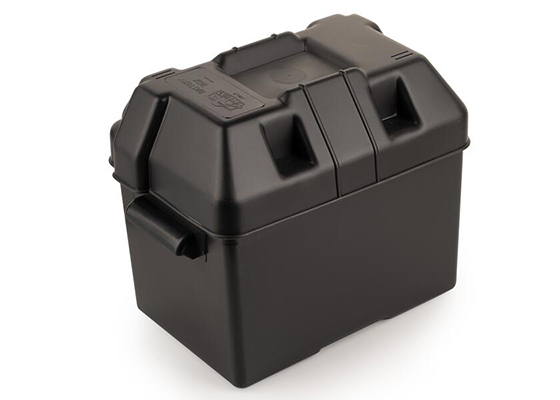Understanding Blown Fuses in Vehicles: Implications for Starting and Electrical Safety
News 2025-10-13
Fuses are essential safety devices in automotive electrical systems, acting as protective barriers against overcurrent that could cause damage or fires. In cars, fuses safeguard components like the starter motor, lights, and ignition systems by breaking the circuit when excessive current flows. The question of whether a car can start with a burned-out fuse depends on which circuit is affected. Typically, if the fuse protecting the starting system is compromised, the vehicle won’t start, highlighting the critical role fuses play in reliable operation and overall vehicle integrity. This discussion explores the mechanics and consequences to help drivers maintain their cars effectively.

How Automotive Fuses Operate
Fuses in vehicles are simple yet effective components that contain a metal wire or filament designed to melt at a specific current threshold. This mechanism protects wiring and connected devices from overloads caused by shorts or malfunctions. In practical applications, such as modern cars with complex electronics, fuses prevent cascading failures that could lead to costly repairs. For instance, in the engine control unit or battery circuits, a blown fuse isolates the problem, maintaining system stability and enhancing longevity of electrical components.
Effects on Vehicle Performance and Starting
When a fuse burns out in the starting circuit, it usually halts the engine cranking process by cutting power to the starter solenoid or ignition coil. This design ensures safety by avoiding potential hazards like electrical fires during faults. Beyond starting issues, blown fuses can affect other systems, such as dashboard lights or fuel pumps, depending on their location. In real-world scenarios, like during a road trip, quick identification using the fuse box diagram allows for immediate fixes, underscoring the performance advantage of fuses in minimizing downtime and promoting efficient diagnostics.
Advantages in Application and Reliability
Fuses offer significant benefits in automotive contexts, including cost-effective protection and ease of replacement. Their ability to handle high currents without degrading other parts makes them ideal for diverse applications, from hybrid vehicles to electric cars. Performance-wise, fuses provide rapid response times, often under a second, which is crucial in preventing damage during spikes. This reliability enhances user confidence, as seen in maintenance routines where routine checks can avert major issues, ensuring vehicles operate safely and efficiently in various driving conditions.
Common Questions and Answers
1. What are the signs of a blown fuse in a car?
A blown fuse often shows as a non-functional component, like dead lights or failure to start, and can be confirmed by visual inspection for a broken filament.
2. How do fuses compare to circuit breakers in vehicles?
Fuses are one-time use and cheaper, while circuit breakers can reset, but fuses offer faster protection in high-risk automotive environments.
3. Can regular maintenance prevent fuse blowouts?
Yes, by inspecting wiring and components periodically, drivers can identify potential issues early, reducing the likelihood of fuse failures.


